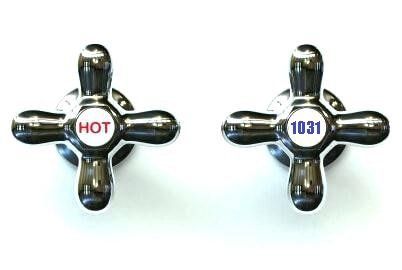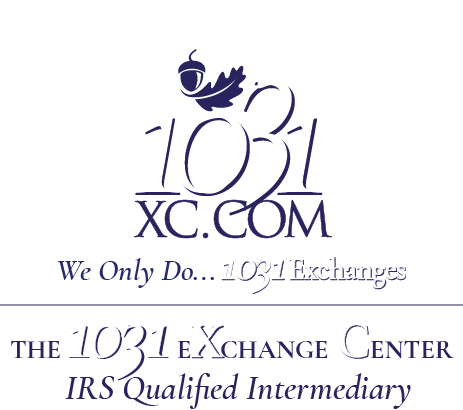What to Expect
Bob Calongne • September 30, 2020
With a Section 1031 Tax-Deferred Exchange

Turn on a “hot water” spigot and you should expect hot water—you probably don’t need a discussion of chemistry, hydraulic mechanics, thermodynamics or kinetic energy. And if you aren’t sure how to safely use hot water, then you might need to ask a “consultant”.
So what can you expect if you “sell” real estate investment property with a 1031 exchange? Simple, you won’t have to pay a bunch of dollars in taxes for a long time if ever. That’s the short of it. Let’s turn the spigot and see…
Taxes are owed on your gains when you “sell” but IRS Code Section 1031 gives you an incentive to promptly re-invest in other investment property. It gives you a recipe, a prescription, a “safe harbor” procedure to absolutely avoid the federal tax using a choreographed “exchange”.
You win at least three ways with the 1031 exchange:
- If you avoid or just delay tax payment for years it is much better than paying now
- If you invest the tax money during the delay it can earn you substantial gains
- Huge non-tax investment opportunities become open to you…
And, YES, there are ways to take out cash in 1031 exchanges and still pay no or less tax.
With 1031 you don’t sell and buy, rather you exchange your “relinquished property” for “replacement property”. A like-kind exchange of property of equal value is just not a taxable transaction—no federal tax is due. You file a simple IRS Form 8824 to carry your tax basis forward from the property “given up” to the property “received”. They call it “tax-deferred” because no taxable transaction occurs until and unless in the future you sell the “replacement” property. And that might never occur—you do another 1031 exchange, again and again or you could die. Upon your death the tax code provides for a “stepped-up” tax basis (to increase the property's tax basis to its value at the time of death) so your heirs might then sell with no taxable “gains”. You could even create a family land bank. Ask your consultant to call The 1031 Exchange Center if he or she wants information on that.
Three-party Exchange
You must use an IRS “qualified intermediary” (a “QI”). So instead of selling to SMITH then buying from JONES, you sign an exchange agreement with a QI then the QI first
sells your property to SMITH and uses those funds to second
buy from JONES and third transfers it in exchange to you.
QI sells...QI buys...You and QI exchange
Reverse Exchange
You sign an exchange agreement with QI's "affiliate" (an LLC) which first
buys from JONES and “parks the title” (holds it in the name of that affiliated LLC until you are ready to sell) and you might lease it as tenant until second
(within 180 days) QI sells your property to SMITH so as to third
complete the exchange to you.
QI affiliate buys and holds...QI affiliate sells...You and QI affiliate exchange

